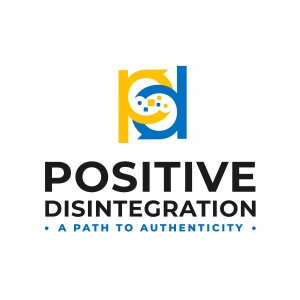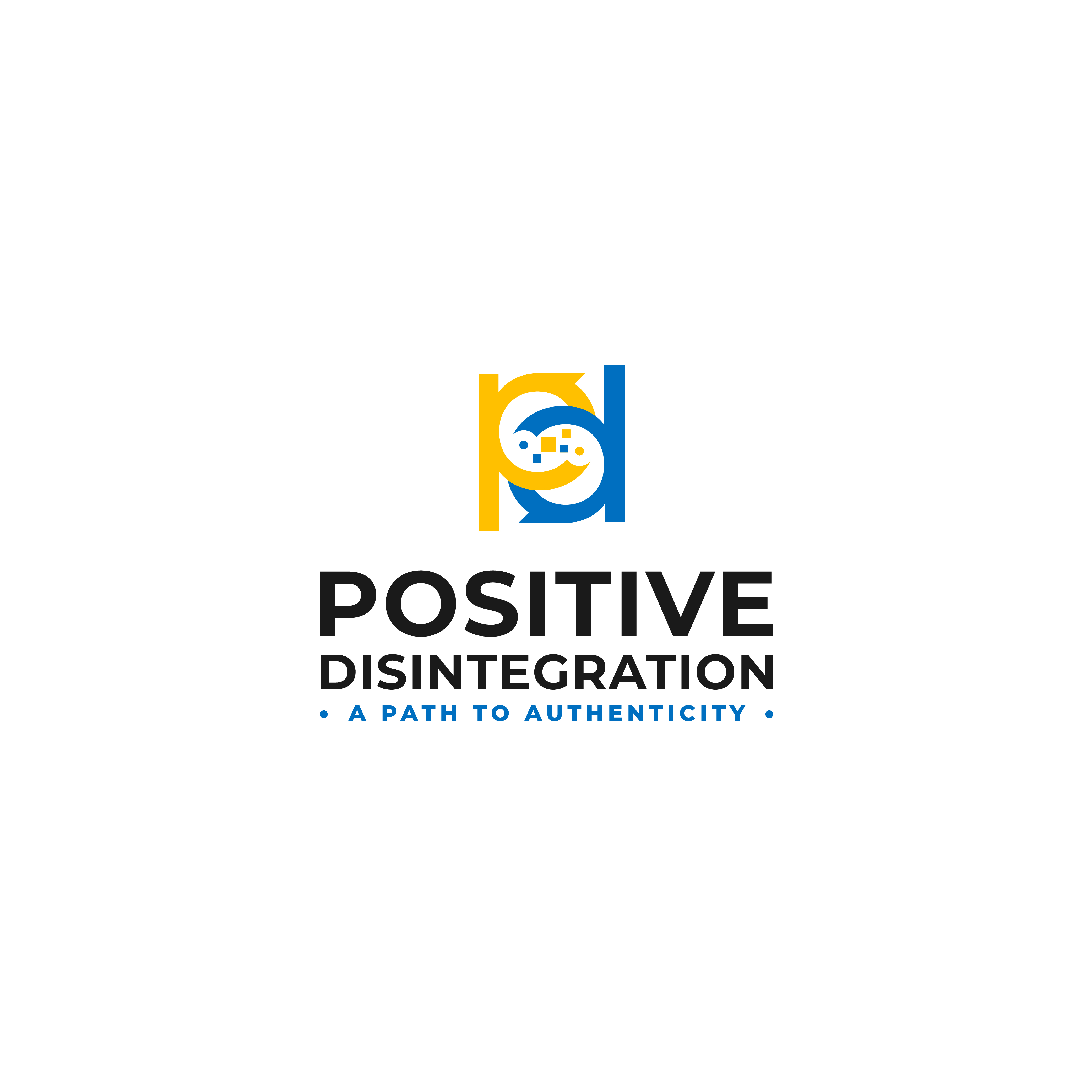
Positive Disintegration Podcast
Technology

In episode 52, Chris and Emma talked with Laura Stavinoha, who offers singers and speakers coaching and counseling about the voice and personal development through her company, Use Your Voice. Laura is the author of the book Voice: A Multifaceted Approach to Self-Growth and Vocal Empowerment and editor-in-chief of the Dutch Positive Disintegration website. She will join us in Denver this summer to present her work at the 2024 Dabrowski Congress.
The human voice is a tool for communication, and a reflection of our inner state. Laura discusses how the voice can provide insights into our emotions, stress levels, and personal development. She says our voice is connected to the nervous system and can be influenced by our emotions. When we experience feelings such as nervousness, excitement, or anger, our voice can undergo changes. This connection between emotions and the voice is well-known, as many of us have experienced our voices trembling or becoming shaky when we are anxious or stressed.
We talk about the role of overexcitabilities in the voice. Overexcitabilities are heightened sensitivities and intensities that can manifest in different ways, including in the voice. For instance, individuals with psychomotor overexcitability may have rapid speech patterns or a tendency to talk compulsively. Individuals with imaginational overexcitability may experience rapid shifts in thoughts and ideas during conversation.
Laura describes how the voice can be a symptom of the conflicts and tensions that arise as we strive for personal growth and self-actualization. These conflicts can manifest in our voice—e.g., feeling constricted or unable to express ourselves authentically. Dynamisms are inner forces that can manifest as inner conflicts and tensions that arise during the process of positive disintegration. These conflicts can be reflected in the voice, through hesitations, inconsistencies, or changes in tone.
Laura explains that the autonomic nervous system influences the voice in the same way it influences other bodily functions like heart rate and breathing. Regulating the nervous system through practices like meditation or yoga can have a positive impact on the voice. The human voice can provide valuable insights into our inner state. It can reflect our emotions, stress levels, and personal development. By paying attention to our voice and working on its development, we can gain a deeper understanding of ourselves and enhance our communication with others.
Highlights
00:03:34 How Laura discovered the theory
00:07:34 Laura’s path to authenticity
00:14:23 The importance of purpose
00:17:00 Reflection on developing one’s voice
00:18:39 Do you like the sound of your own voice?
00:22:33: Chris’s voice issues
00:27:11 Tension and the voice
00:28:28 When Laura’s voice failed her
00:30:28 OEs and the autonomic nervous system
00:34:26 How OEs manifest over time
00:37:12 Jamie’s case and ADHD
00:39:45 Overexcitability and neurodivergence
00:42:00 TPD as a liberating theory
00:43:54 Coexistence of unilevel and multilevel dynamisms
00:47:03 Voice as an indicator of well-being
00:51:09 Going beneath the surface
00:55:05 Doing the developmental work
00:56:51 TPD and polyvagal theory
Overall, working on the voice goes beyond simply improving vocal techniques. It involves understanding the connection between the voice and the nervous system, addressing underlying emotional and psychological factors, and developing a holistic approach to voice development.
Resources from this episode
Use Your Voice (Laura’s website)
The book Voice: A Multifaceted Approach to Self-Growth and Vocal Empowerment by Laura Stavinoha (Amazon)
Voice Problems as Signs of Positive Disintegration (Laura’s 2022 Congress presentation on YouTube)
Positieve Desintegratie (in Dutch)
2024 Dabrowski Congress page. Registration opens later this week!
Connect with us
Positive Disintegration [Substack]
Visit the Dabrowski Center website
Positive Disintegration Podcast [Facebook]
Positive Disintegration Podcast [Instagram]
The Positive Disintegration YouTube Channel
Dabrowski Center [LinkedIn]
Adults with Overexcitabilities group on Facebook
The Tragic Gift blog by Emma Nicholson
Email us at positivedisintegration.pod@gmail.com
Please consider supporting the podcast to help fund this work through the Dabrowski Center, a 501(c)(3) nonprofit organization.
Find Positive Disintegration Merch
If you enjoyed this episode on Apple or Spotify, please remember to click on the stars and leave a rating or write a review. Thank you!
This is a public episode. If you’d like to discuss this with other subscribers or get access to bonus episodes, visit www.positivedisintegration.org/subscribe
More Episodes
 2024-10-28
2024-10-28
 2024-09-25
2024-09-25
 2024-08-06
2024-08-06
 2024-06-10
2024-06-10
 2024-05-20
2024-05-20
 2024-04-24
2024-04-24
 2024-04-15
2024-04-15
 2024-04-08
2024-04-08
 2024-03-26
2024-03-26
 2024-03-11
2024-03-11
 2024-02-27
2024-02-27
 2024-01-12
2024-01-12
 2024-01-04
2024-01-04
 2023-12-18
2023-12-18
Create your
podcast in
minutes
- Full-featured podcast site
- Unlimited storage and bandwidth
- Comprehensive podcast stats
- Distribute to Apple Podcasts, Spotify, and more
- Make money with your podcast
It is Free
- Privacy Policy
- Cookie Policy
- Terms of Use
- Consent Preferences
- Copyright © 2015-2024 Podbean.com





